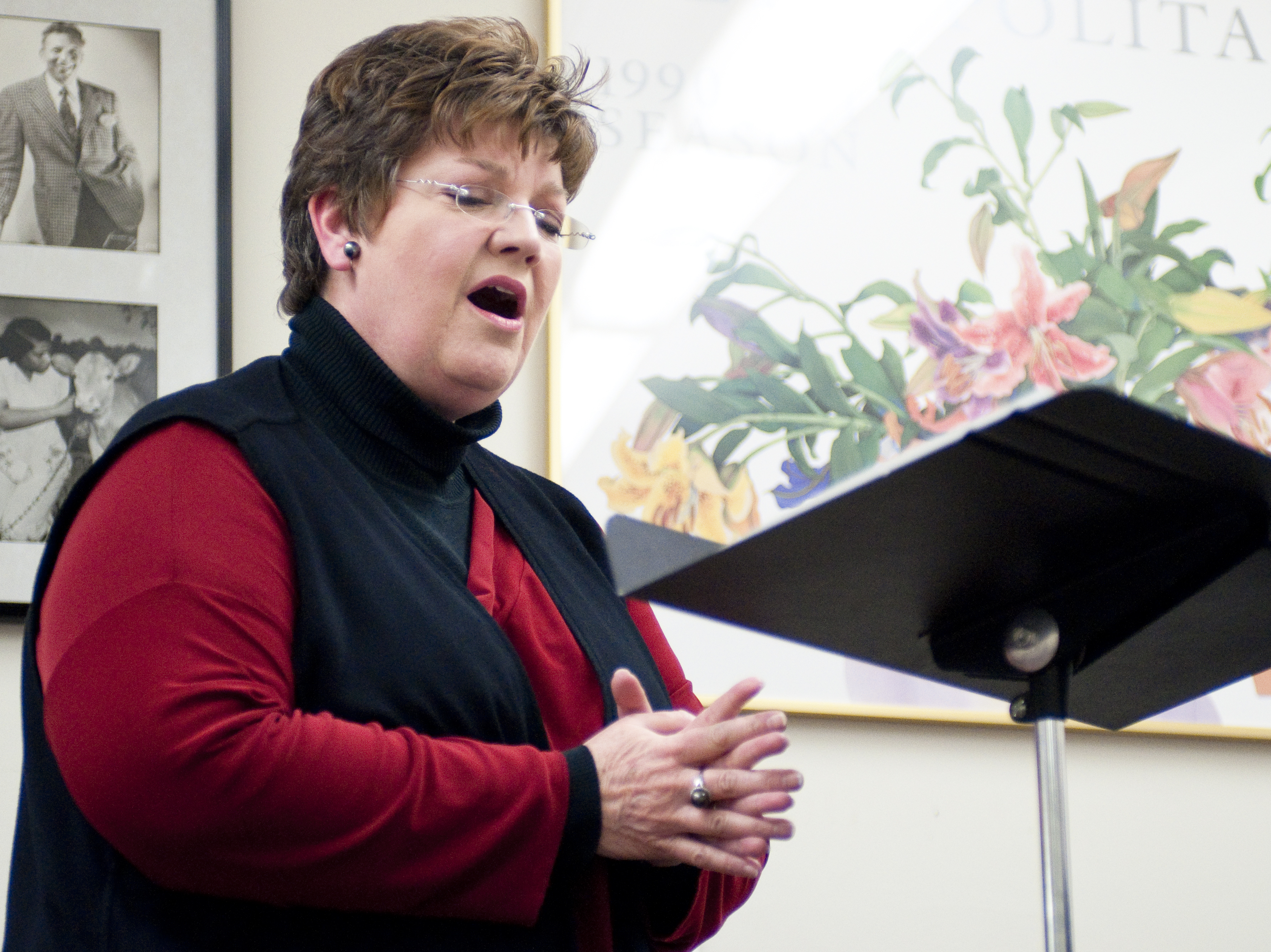Madonna is in Mexico. Only she’s not the Madonna most Americans think of ““ she is in the 95 degree heat of Mazatlan, sick with a fever while hordes of people outside call her name, asking her to sing.
Roger Bourland, UCLA professor of composition and music theory, said dramatic imagery such as this is what his song, “The Nightingale Heroine,” is meant to inspire.
On Wednesday, four UCLA faculty composers will host their annual concert, “Songs, Arias and Rituals” in Schoenberg Hall. The show features music by professors Roger Bourland, Ian Krouse, David Lefkowitz and the show’s coordinator, Mark Carlson.
Bourland said his set on Wednesday involves two arias from his upcoming opera, “Angela Peralta,” a Mexican pop-opera that is based on the true story of a singer who catches yellow fever in 1883 in her travels to Mazatlan, along with those around her. Bourland said he decided to write the opera after a trip to Mexico, seeing potential in its great story line and theatrical value. He also included selections of his favorite Emily Dickinson poems, set to music for the show.
“Some people ruin their favorite poetry with music, and some make it even better. If the music and poetry are predictable, the package is boring. “ Bourland said.
After growing up in a musically inclined preacher’s family, Bourland said he draws from ’50s and ’60s rock and roll as well as folk and hymns for inspiration to add in eccentric twists to combat otherwise lyrically predictable poetry.
“It’s hard as a composer, because you have so many influences pulling at you that, at times, it’s tempting to shut some out. But if you don’t let them in, you aren’t telling the truth with your music,” Bourland said.
Fellow composer and UCLA composition and theory Professor David Lefkowitz said that, while most of his music does not use vocals, he contributed a collection of four poems ““ “Siberian Spring,” “Frozen Jews,” “Mirrors of Stone” and “”˜Yortsayt’ for My Father” ““ from Yiddish poet Abraham Sutzkever because of the personal chords the poems struck within him.
According to Lefkowitz, Sutzkever joined the resistance movement of World War II. “Frozen Jews” discusses his personal horror and confusion upon seeing frozen bodies in the middle of July, while “Mirrors of Stone” talks about Sutzkever’s rebirth in Jerusalem after witnessing such devastation. “”˜Yortsayt’ for My Father” is Sutzkever’s recollection of his feelings surrounding his father’s death in Siberia 70 years before. While the timing was purely coincidental, Wednesday’s show will mark the five-year anniversary of Lefkowitz’s father’s death, giving the performance a poignant dimension for Lefkowitz.
According to Lefkowitz, these four poems represent an entire life. Yet instead of following the typical order of birth, life, death, these poems go from birth, to death, to rebirth, closing with a reflection.
“After listening, I hope people get a feeling of hope and promise for the future, even out of something as awful as the Holocaust,” Lefkowitz said.
Mark Carlson, professor of theory and composition, composed three songs on poems by E.E. Cummings for the program and said that he enjoys exploring contradictions in his music.
Graduate students Ryan Thorn and Sanaz Rezai will perform Carlson’s compositions of the Cummings poems, “The Moon is Hiding in her Hair,” “In time of…” and “This is the Garden.”
Carlson said he enjoys exploring the challenges Cummings’ poems present, especially ones that describes human reaction to ethereal beauty.
“In “˜This is the Garden,’ the narrator describes something so overwhelmingly beautiful that it actually stops time and death. Here, these elements are as awestruck as we are,” Carlson said.
